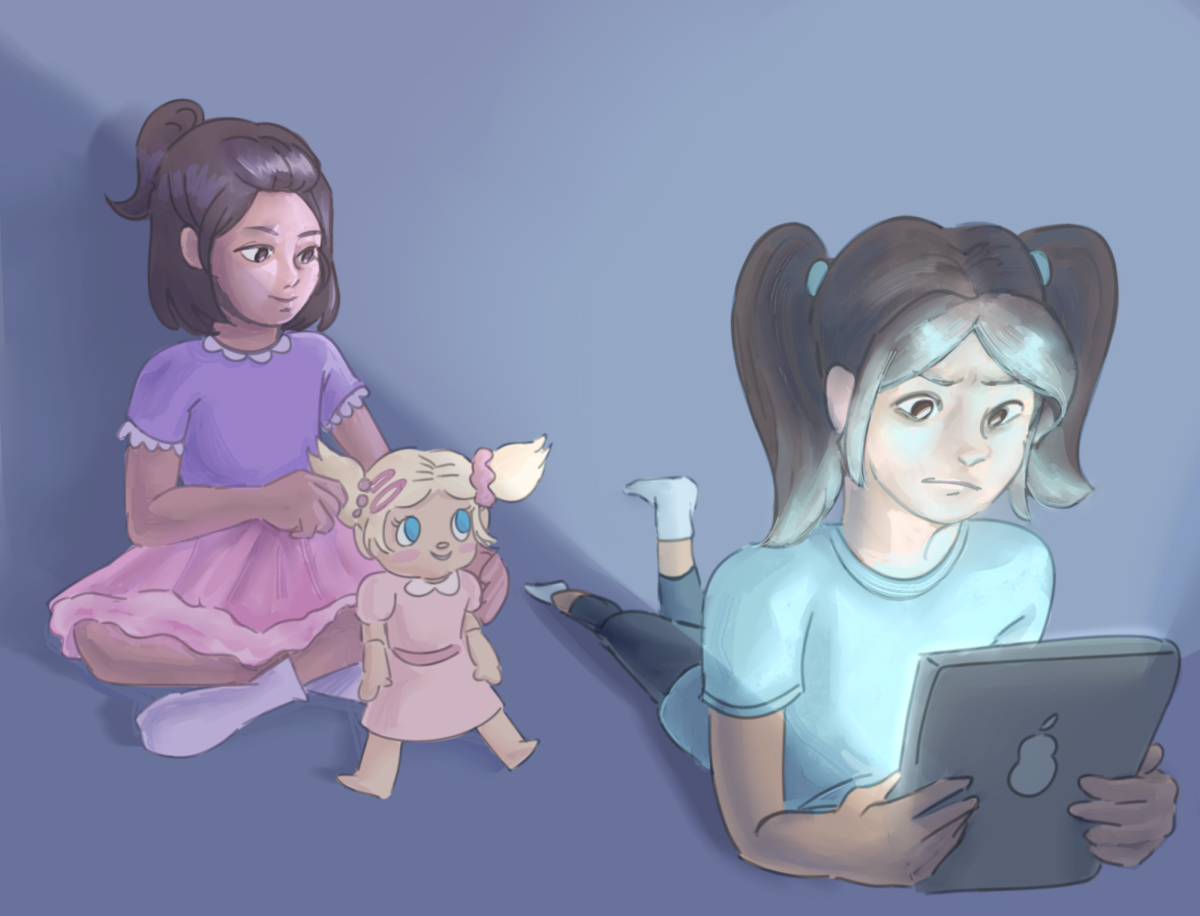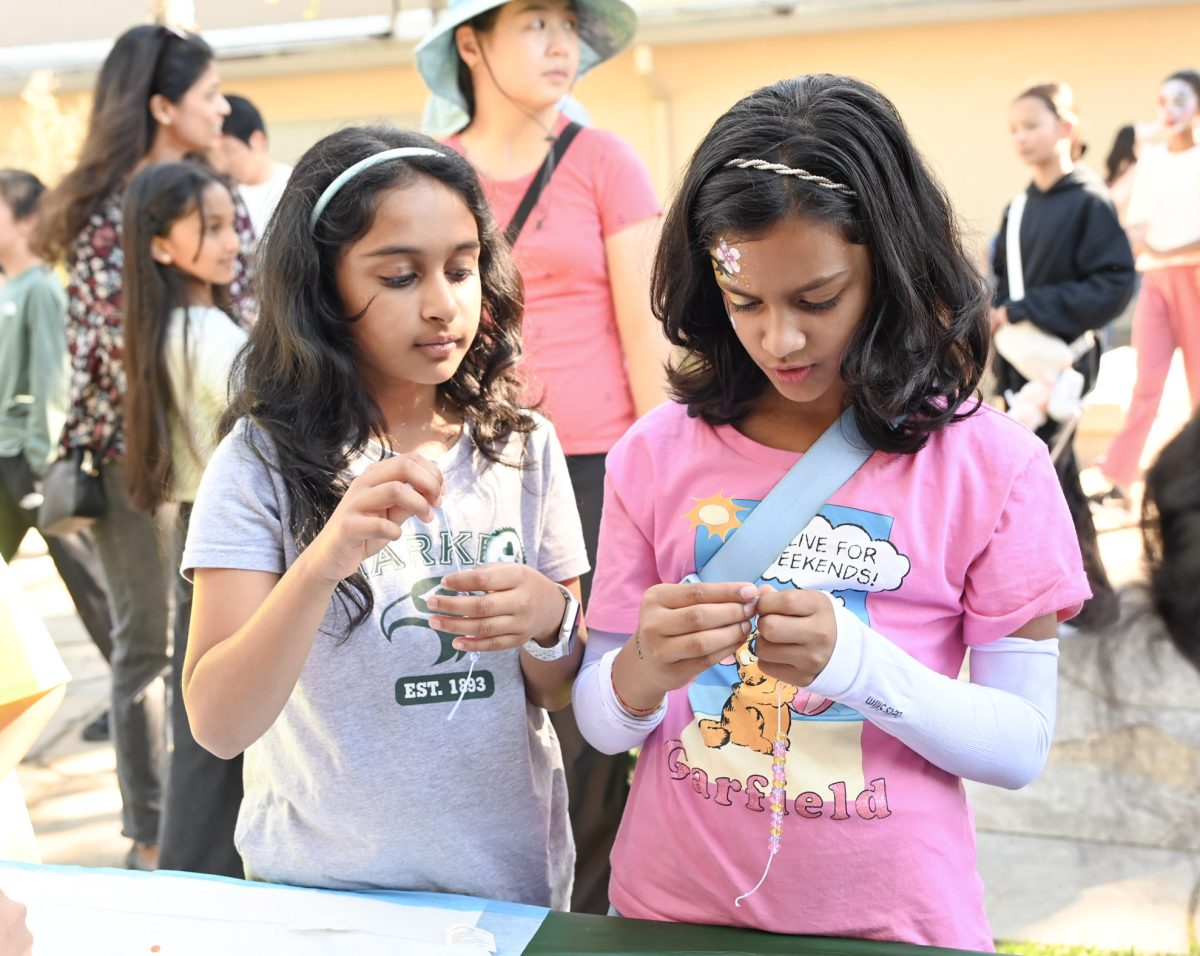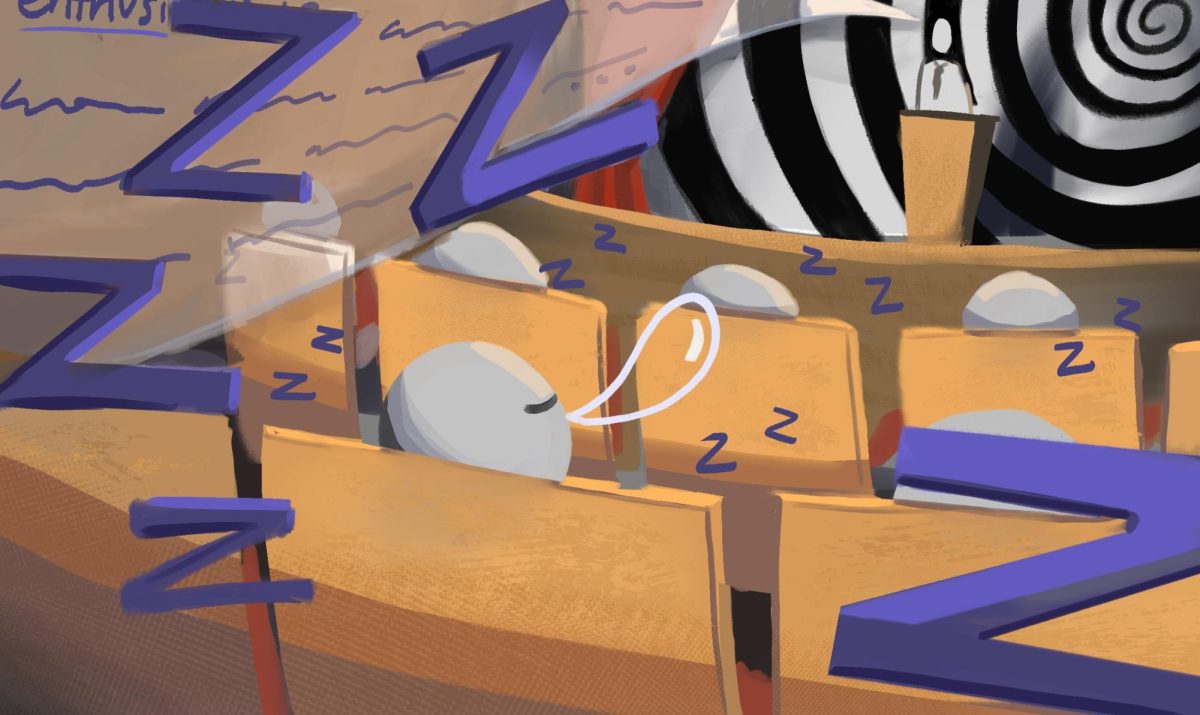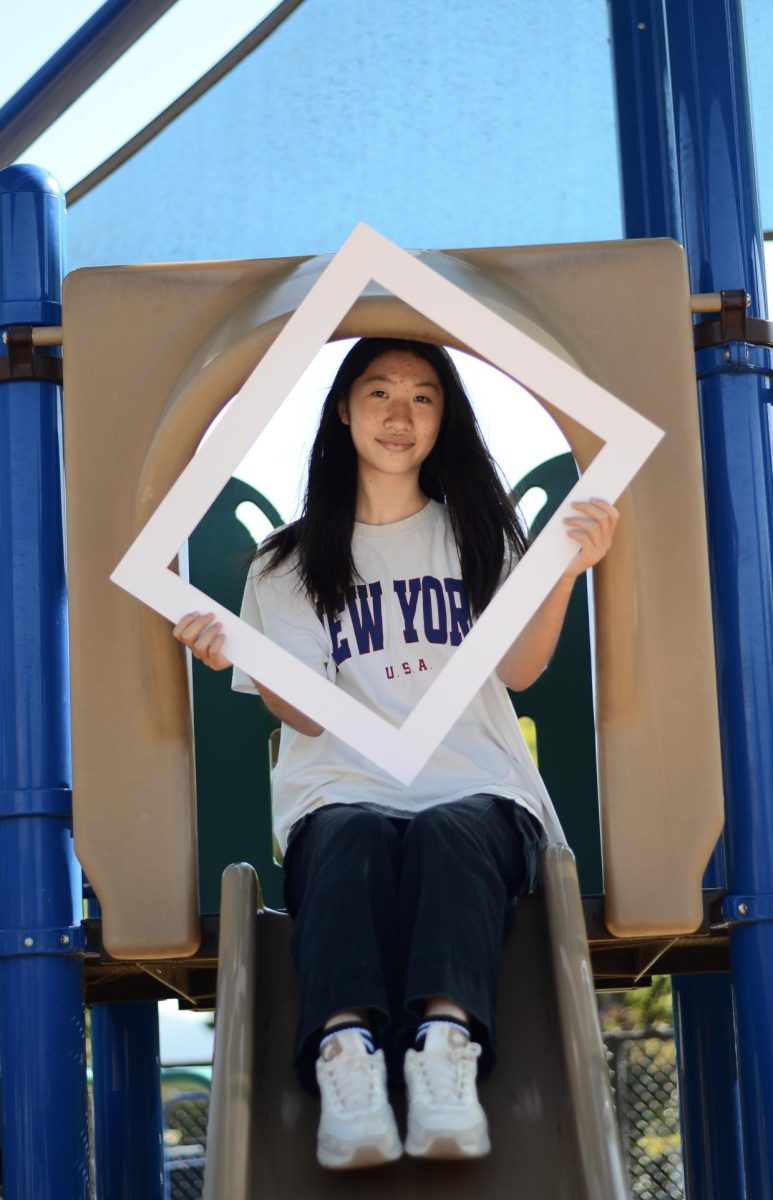When I look back on my childhood, certain precious and routine moments spring to mind. American Girl dolls wrapped neatly under the Christmas tree. The loud clicking of plastic Disney princess heels on my house’s wooden floor. Wind blowing in my face as I ride my bright pink bicycle, training wheels still attached.
The same childhood memories that I cherish remain unfamiliar to some children from Generation Alpha. Social media and online trends’ growing popularity isolates Generation Alpha from the childhoods of generations before and instills a desire to appear older than one’s true age.
Generation Alpha comes after Generation Z and refers to children born between 2010 and 2024. Due to the COVID-19 pandemic in 2020, Generation Alpha spent much of their early childhood in quarantine. Forced to stay at home at such a young age, they lacked the formative experiences that come with face-to-face interaction.
Connecting with friends during the pandemic proved to be challenging for Gen Alpha, as many young children did not have phone numbers and were generally inexperienced with technology. Many children turned to social media as a way to fulfill their desire for more socialization. A 2021 study from Pew Research Center found that 21% of children aged 11 and younger watched TikTok throughout the pandemic, marking an 11% increase from previous years. 81% of these children also used a tablet, and 71% used a smartphone at least once over quarantine. Technology soon became a routine aspect of most children’s daily lives and an integral part of their generation.
However, technology’s effects on this young generation appear to be more harmful than helpful. Exposure to videos of adult influencers compels younger children to want to appear older than they truly are, as they may desire to replicate the looks of popular social media content creators. Generation Alpha sometimes takes the desire to follow online trends to the extreme, prompting many TikTok users to post videos about their encounters with rude children at Sephora, most of whom are described as being 10 years old or younger.
The “10-year-olds at Sephora” transformed into a TikTok phenomenon, with most encounters following the same pattern of 10-year-olds disrespecting Sephora employees and customers, purchasing anti-aging products designed for adults, ruining makeup testers and demanding their parents to pay for excessive amounts of makeup.
Young children also appear older than their true age when they wear makeup. The more adult-like physical appearance sometimes translates into overconfidence, leading younger children to view themselves as above others.
The rude behavior may also stem from parents’ inadequate effort in disciplining their children and failure to supervise them in public spaces. Parents should take responsibility for their children’s behavior and teach them to behave politely toward others.
The “10-year-olds at Sephora” phenomenon reflects the larger negative consequences of younger children shaping their childhoods around trends they see on social media. Childhood is a formative period where children discover themselves through personal exploration. Social media corrodes the path to self-discovery, as younger children now look at influencers to decide how they should appear and act. Generation Alpha’s young age also renders them especially susceptible to the trends fed to them through social media.
Although technology and social media are not inherently harmful, the ways in which children are influenced by the media they consume can hurt them in the long run. To prevent such negative repercussions, parents should restrict their children’s use of social media as needed and encourage them to explore forms of entertainment away from a screen, such as playing on a park playground or spending quality time with family and friends.
The behavior of Generation Alpha reflects the parenting they receive. Parents must learn to integrate technology into children’s lives in a healthy manner. Doing so allows parents to take a step towards providing a more meaningful childhood for their children and better prepare Generation Alpha for the future.


















![“[Building nerf blasters] became this outlet of creativity for me that hasn't been matched by anything else. The process [of] making a build complete to your desire is such a painstakingly difficult process, but I've had to learn from [the skills needed from] soldering to proper painting. There's so many different options for everything, if you think about it, it exists. The best part is [that] if it doesn't exist, you can build it yourself," Ishaan Parate said.](https://harkeraquila.com/wp-content/uploads/2022/08/DSC_8149-900x604.jpg)




![“When I came into high school, I was ready to be a follower. But DECA was a game changer for me. It helped me overcome my fear of public speaking, and it's played such a major role in who I've become today. To be able to successfully lead a chapter of 150 students, an officer team and be one of the upperclassmen I once really admired is something I'm [really] proud of,” Anvitha Tummala ('21) said.](https://harkeraquila.com/wp-content/uploads/2021/07/Screen-Shot-2021-07-25-at-9.50.05-AM-900x594.png)







![“I think getting up in the morning and having a sense of purpose [is exciting]. I think without a certain amount of drive, life is kind of obsolete and mundane, and I think having that every single day is what makes each day unique and kind of makes life exciting,” Neymika Jain (12) said.](https://harkeraquila.com/wp-content/uploads/2017/06/Screen-Shot-2017-06-03-at-4.54.16-PM.png)








![“My slogan is ‘slow feet, don’t eat, and I’m hungry.’ You need to run fast to get where you are–you aren't going to get those championships if you aren't fast,” Angel Cervantes (12) said. “I want to do well in school on my tests and in track and win championships for my team. I live by that, [and] I can do that anywhere: in the classroom or on the field.”](https://harkeraquila.com/wp-content/uploads/2018/06/DSC5146-900x601.jpg)
![“[Volleyball has] taught me how to fall correctly, and another thing it taught is that you don’t have to be the best at something to be good at it. If you just hit the ball in a smart way, then it still scores points and you’re good at it. You could be a background player and still make a much bigger impact on the team than you would think,” Anya Gert (’20) said.](https://harkeraquila.com/wp-content/uploads/2020/06/AnnaGert_JinTuan_HoHPhotoEdited-600x900.jpeg)

![“I'm not nearly there yet, but [my confidence has] definitely been getting better since I was pretty shy and timid coming into Harker my freshman year. I know that there's a lot of people that are really confident in what they do, and I really admire them. Everyone's so driven and that has really pushed me to kind of try to find my own place in high school and be more confident,” Alyssa Huang (’20) said.](https://harkeraquila.com/wp-content/uploads/2020/06/AlyssaHuang_EmilyChen_HoHPhoto-900x749.jpeg)

















